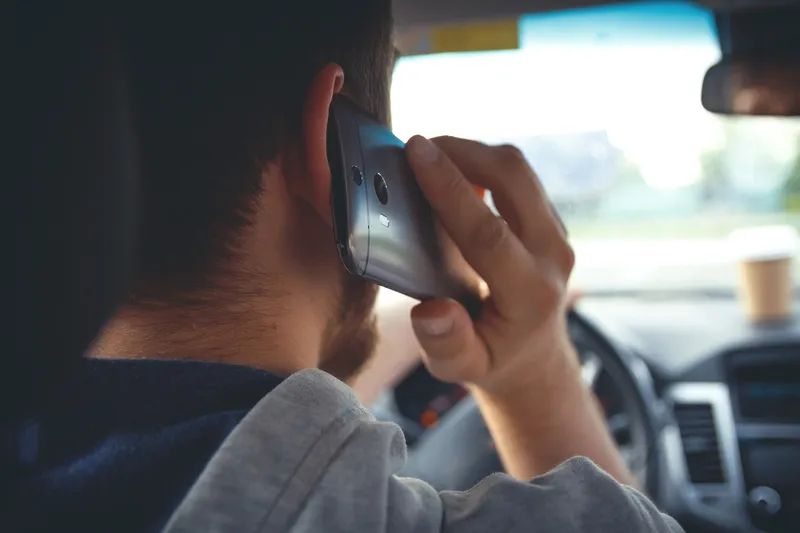Self-driving vehicles are expected to improve road safety, improve the mobility of those who currently cannot use conventional vehicles and reduce emissions.
However, a new report by researchers at the University of Michigan Transportation Research Institute (UMTRI) reviews some of the safety aspects attributed to autonomous vehicles and indicates that safety is likely to be an issue as long as self-driving cars share the road with conventional vehicles.
Report authors Michael Sivak and Brandon Schoe
January 28, 2015
Read time: 2 mins
Self-driving vehicles are expected to improve road safety, improve the mobility of those who currently cannot use conventional vehicles and reduce emissions.
However, a new report by researchers at the5647 University of Michigan Transportation Research Institute (UMTRI) reviews some of the safety aspects attributed to autonomous vehicles and indicates that safety is likely to be an issue as long as self-driving cars share the road with conventional vehicles.
Report authors Michael Sivak and Brandon Schoettle looked at current autonomous technology and found shortcomings in its ability to read and predict the flow of traffic, communicate with other drivers and understand urban environments usually acquired "through years of driving experience".
Sivak and Schoettle noted that not all crashes are caused by drivers. Self-driving vehicles could compensate for some but not all crashes caused by other traffic participants, for example a drunk pedestrian stepping suddenly into the roadway.
A small percentage of crashes are also caused by vehicular failures, while roadway and environmental factors such as floods or fog could cause problems.
Although a self-driving car could, in principle, respond faster than a human driver and provide optimal braking performance, it still might not be able to stop in time because of braking limitations.
The report concludes that the expectation of zero fatalities with self-driving vehicles is not realistic, nor is it a foregone conclusion that a self-driving vehicle would ever perform more safely than an experienced, middle-aged driver. During the transition period when conventional and self-driving vehicles would share the road, safety might actually worsen, at least for the conventional vehicles.
However, a new report by researchers at the
Report authors Michael Sivak and Brandon Schoettle looked at current autonomous technology and found shortcomings in its ability to read and predict the flow of traffic, communicate with other drivers and understand urban environments usually acquired "through years of driving experience".
Sivak and Schoettle noted that not all crashes are caused by drivers. Self-driving vehicles could compensate for some but not all crashes caused by other traffic participants, for example a drunk pedestrian stepping suddenly into the roadway.
A small percentage of crashes are also caused by vehicular failures, while roadway and environmental factors such as floods or fog could cause problems.
Although a self-driving car could, in principle, respond faster than a human driver and provide optimal braking performance, it still might not be able to stop in time because of braking limitations.
The report concludes that the expectation of zero fatalities with self-driving vehicles is not realistic, nor is it a foregone conclusion that a self-driving vehicle would ever perform more safely than an experienced, middle-aged driver. During the transition period when conventional and self-driving vehicles would share the road, safety might actually worsen, at least for the conventional vehicles.








